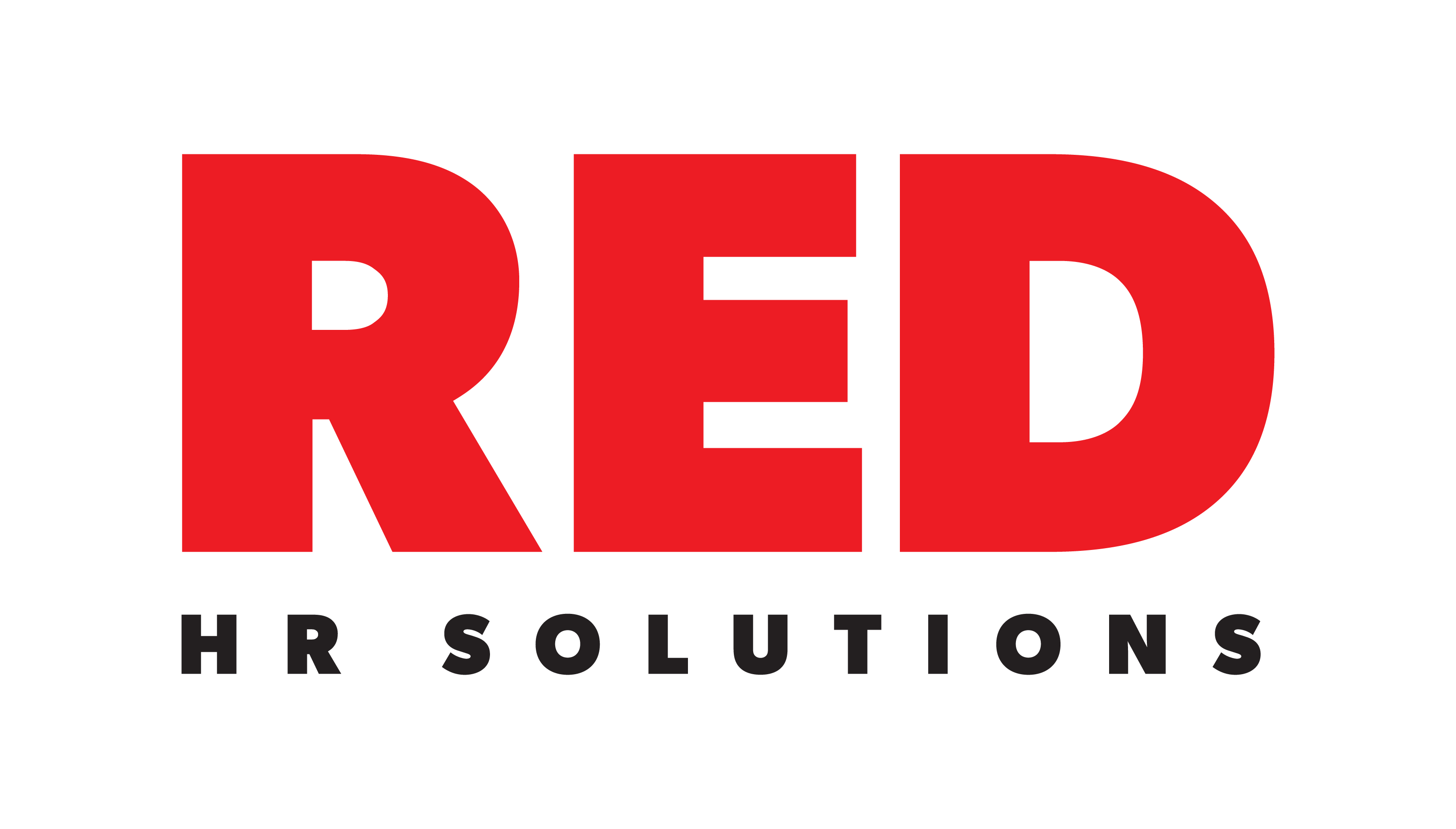Understanding Legal and Compliance Aspects in Your Outsourcing Journey
페이지 정보
작성자 Leanne, 이메일 leanne.hamann@ymail.com 작성일25-07-07 19:45 조회5회 댓글0건신청자 정보
직책 , 주소 , 우편번호관심 정보
제품, 관심품목관심 정보
년간사용수량 , 카달록 필요관련링크
본문

This article is a submission by Managed Services Partners. Managed Services Partners is an outsourcing agency with over six years of experience helping services enhance operations and drive development.
Embarking on the outsourcing journey is an undertaking that lots of organizations carry out to improve performances, decrease expenses, and leverage specialized talent.
However, along with these potential advantages come a host of legal and compliance intricacies that must be carefully browsed to ensure the success and sustainability of contracting out efforts.
This detailed guide will check out essential legal and compliance considerations, with a focus on data personal privacy laws, non-disclosure agreements (NDAs), non-compete stipulations, and the vital role of adaptability in today's vibrant business environment.
The contracting out landscape
Outsourcing is more than a technique for unloading non-core jobs; it is a transformative approach that can improve a business's adaptability and competitiveness.
Whether it's IT services, consumer support, manufacturing processes, or human resources, contracting out can offer a substantial edge. Companies that effectively outsource can focus on core organization operations, drive development, and gain access to leading skill without the overhead expenses of full-time employment.
However, this journey is not without its legal and compliance difficulties. Companies must be conscious of the intricacies surrounding the transfer and management of data, the protection of intellectual residential or commercial property (IP), and the maintenance of regulative compliance.
Given the international nature of outsourcing, services need to also consider cross-border legal implications, which might vary substantially depending on the country where the outsourcing provider operates.
Understanding these aspects is essential in making sure that outsourcing collaborations align with a business's tactical objectives while reducing possible legal threats.
In many cases, services that disregard legal and compliance considerations deal with expensive disagreements, loss of sensitive data, or reputational damage that can take years to recuperate from.
Importance of legal factors to consider
Outsourcing inherently includes legal factors to consider that are necessary to securing a business's interests. At the forefront is the need to protect sensitive information. Companies need to understand and abide by data privacy laws that govern the jurisdictions in which they operate.
This is especially vital as data breaches can result in extreme punitive damages and reputational damage.
Furthermore, copyright rights must be clearly defined in contracting out arrangements to avoid unapproved usage or misappropriation of exclusive properties. If these rights are not properly developed, a service may lose control over crucial developments or personal organization processes.

For companies operating in extremely managed markets such as healthcare, finance, or legal services, compliance requirements are even more strict.
Complying with policies such as the General Data Protection Regulation (GDPR) in Europe or the Health Insurance Portability and Accountability Act (HIPAA) in the United States is necessary to preventing legal issues.
Non-Disclosure Agreements (NDAs) and non-compete provisions
When outsourcing, business often share proprietary information with external service suppliers.
To safeguard this valuable info, NDAs are utilized. These contracts are designed to avoid the unapproved dissemination of private information, thus safeguarding the company's competitive benefit.
NDAs should be detailed and lawfully binding, plainly describing what constitutes secret information and the obligations of both parties in handling sensitive information. Businesses must likewise make sure that their NDAs consist of provisions for legal option in case of breaches.
Similarly, non-compete provisions can be included to prevent service companies from exploiting sensitive understanding acquired during the outsourcing partnership to benefit a rival. This is specifically crucial when outsourcing freelancers or firms that might have multiple clients in the same market.
However, the enforceability of non-compete stipulations can differ significantly depending on the jurisdiction. Some regions have rigorous guidelines restricting the scope and period of such provisions.

Therefore, it's important for companies to seek advice from legal professionals with experience in the appropriate legal structures to draft effective contracts.
Contracts: Setting the structure
Contracts function as the blueprint for the outsourcing collaboration, defining functions, duties, deliverables, and timelines. They likewise outline the legal and compliance expectations for both celebrations.

A well-structured agreement ought to deal with several crucial elements:
Scope of work: Clear and in-depth descriptions of the services to be provided, including quality requirements and efficiency metrics.
Data security: Specific clauses connected to data security, data transfer procedures, and breach notice procedures to make sure adherence to personal privacy laws.
Intellectual Property rights: Provisions that develop ownership of IP developed during the partnership, and terms that protect pre-existing IP.
Termination provisions: Terms that resolve the possible end of the outsourcing relationship, consisting of notification periods and conditions under which termination can happen without charge.
Additionally, organizations need to think about out service-level agreements (SLAs) to ensure responsibility and performance tracking. SLAs specify measurable standards that the outsourcing provider should meet, supplying services with option if expectations are not satisfied.
Engaging with company
Consulting with potential provider during the early stages of the outsourcing journey is a strategic move. This engagement enables business to evaluate the service provider's ability to meet legal and compliance requirements.
Thorough vetting processes, such as asking for references, evaluating previous jobs, and assessing compliance accreditations, can supply important insights into the supplier's reliability and adherence to market standards.
Businesses should also assess the financial stability of possible contracting out partners.
A service supplier that faces monetary obstacles might not be able to keep operations long-lasting, presenting a threat to continuous projects. Conducting due diligence beforehand can prevent future interruptions.
The function of adaptability in legal and compliance methods
Adaptability is a crucial part of effective outsourcing, especially when it comes to browsing progressing legal landscapes. Regulations and market conditions can change quickly, making it imperative for companies to remain nimble.
Building flexibility into contracts and developing procedures for ongoing compliance monitoring can help companies adapt to new legal requirements and preserve an one-upmanship.
For example, if a company is outsourcing consumer assistance operations to several nations, they must make sure compliance with numerous nationwide laws concerning consumer protection and information personal privacy.
Regularly updating policies and agreements in response to legislative modifications can avoid legal mistakes.
Real-world factors to consider and finest practices
To make sure legal and compliance success in outsourcing, companies ought to adopt the following best practices:
Regular audits and assessments
Conduct regular audits and evaluations to make sure that company stay compliant with legal and regulative requirements. This proactive technique can help determine potential spaces before they escalate into considerable problems.
Training and awareness
Educate employees and outsourced groups on information protection practices and legal commitments. This ensures that everybody involved in the outsourcing journey comprehends the value of compliance and the function they play in protecting information.
Collaboration and interaction
Foster a collaborative relationship with provider. Open lines of communication can assist address compliance issues immediately and help with joint analytical efforts.
Crisis management planning
Have contingency strategies in location in case of security breaches, contract disagreements, or provider failures. A well-structured crisis management plan makes sure that companies can quickly respond to difficulties without considerable disruptions.
Legal compliance for outsourcing success

Understanding the legal and compliance aspects of outsourcing is important for businesses aiming to utilize external abilities while securing their interests. By concentrating on key locations such as data personal privacy, NDAs, non-compete clauses, copyright rights, and flexibility, business can effectively browse the outsourcing landscape.
Successful contracting out hinges on a collaborative method between the business and its provider. Building trust and preserving transparent interaction can lead to efficient analytical and a shared commitment to compliance.

댓글목록
등록된 댓글이 없습니다.











